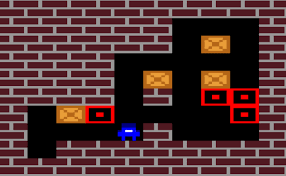Source: genethique.org
Researchers at the Massachusetts Institute of Technology (MIT) and Massachusetts General Hospital recently conducted a study on the possibility of using deep learning techniques ” to monitor the level of unconsciousness in patients who require anesthesia for medical procedure ”. Their document[1] , to be published in the proceedings of the 2020 international conference on artificial intelligence in medicine, was elected best document presented at the conference.
Gabriel Schamberg, one of the researchers who conducted this study, explains that he developed ” a deep neural network ” and ” trained it to control the dosage of the anesthetic using reinforcement learning in a simulated environment ” . In particular, the researchers looked at the dosage of Propofol , ” a drug that lowers the level of consciousness and is commonly used to perform general anesthesia or sedation on patients undergoing medical procedures .”
“ Deep neural networks make it possible to build a model with a lot of continuous input data ,” explains the researcher, “ so that our method generated more coherent control policies than previous policies, ” he says.
The researchers’ long-term goal is to use the model designed to ” help anesthesiologists identify the ideal dose of Propofol for each patient in order to achieve different levels of unconsciousness “. A model which has so far only been tested via simulations. ” We would now like to test [it] on humans in controlled clinical settings, ” said Gabriel Schamberg.


